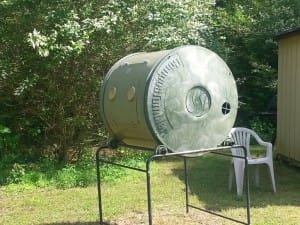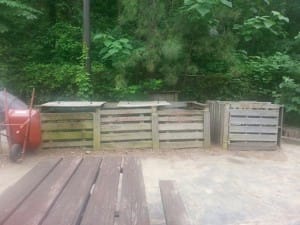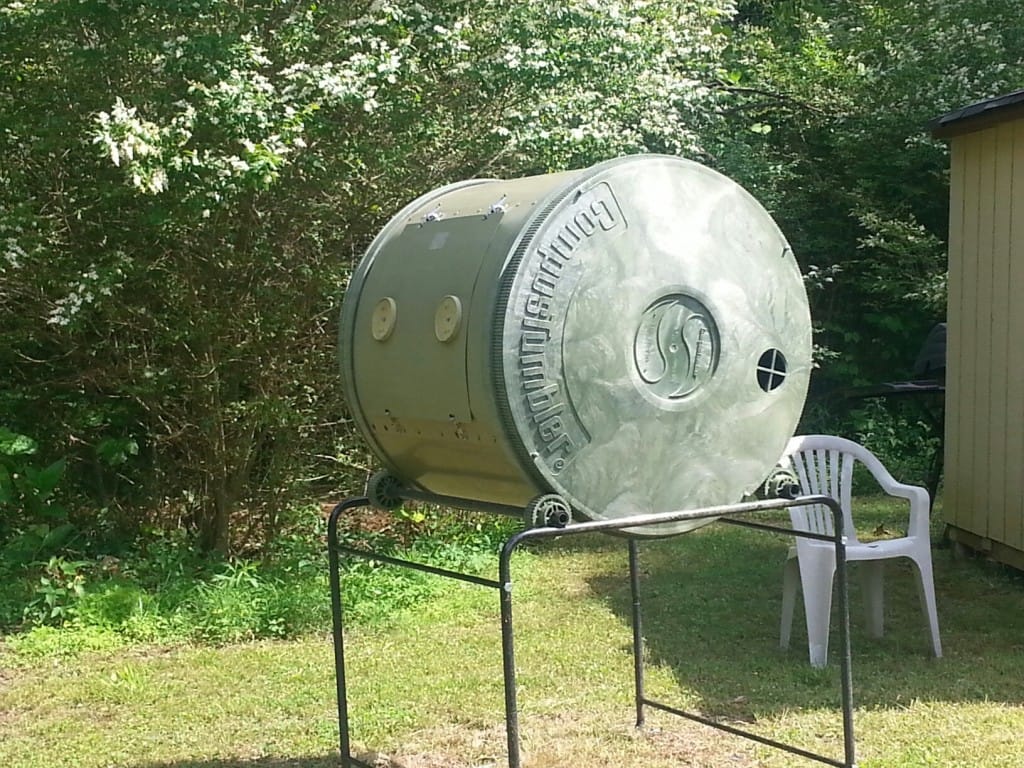
Every year, more and more people decide to start a compost pile in their backyard or community garden. By recycling organic materials from the house and yard, composters reduce the amount of material going into the landfill and create a free soil amendment for their yard. Anyone can compost, but the process can be tricky for first-time composters.
Here are a few tips that can improve your composting process and product.
Keep your ratio of carbon to nitrogen as two-thirds carbon and one-third nitrogen. Carbon sources include dead leaves, sticks, branches, shredded paper, dead flowers and sawdust. Nitrogen sources include fruit and vegetable scraps, coffee grounds, tea bags and grass clippings.
Keep your compost pile moist throughout the pile. The microorganisms (bacteria, fungi and microbes) and macroorganisms (earthworms and insects) need this moisture to survive. Your pile should be as wet as a wrung-out sponge. A pile that is too wet will smell, and a pile that is too dry will decompose slowly.
Chop your ingredients before adding them to the pile. The smaller the inputs, the faster they will break down. Small ingredients are much easier for the micro and macroorganisms to consume!
Turn the pile regularly. The center of the pile is where the magic happens. In the center, the compost reaches the high temperature required for decomposition and killing weed seeds in the pile. Turning the pile ensures that all parts reach the center. Use a pitchfork to turn the pile every one to two weeks.

The minimum size for a compost pile should be 4’x4’x4’. The pile needs to be this large to maintain temperatures for decomposition.
Do not put oily items, dairy or meat in your compost pile. These items will attract pests and rodents, and they can create foul odors in the compost pile.
Don’t limit yourself to just the backyard compost pile. Some gardeners use sheet composting, trench composting, com-posthole-ing, tumblers or vermicomposting. Research what method works best for your lifestyle and embrace it!
If you would like to learn more about composting, consider participating in the Georgia Master Composter Program. Participants of this nine-week program learn the chemistry and microbiology of composting, types of and reasons for composting, backyard composting techniques and tools for sharing this knowledge with their community. They also visit a variety of composting facilities.
The next Georgia Master Composter Program will be held in Athens from January through March, 2015. Registration will begin in November. As always, your local UGA Extension Agent can help you develop a composting plan for your community garden.
Amanda Tedrow is a UGA Extension Agent for Athens-Clarke County and is affectionately known as the “compost queen!”
Happy Gardening!
- ParSLAY the Day! - June 12, 2024
- 6th Annual Great Southeast Pollinator Census - May 28, 2024
- Are you ready for Pepper Palooza? - July 5, 2023
